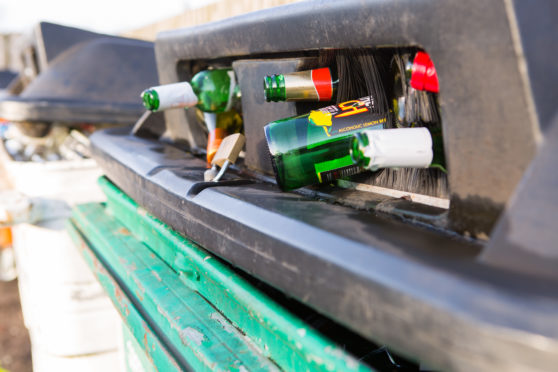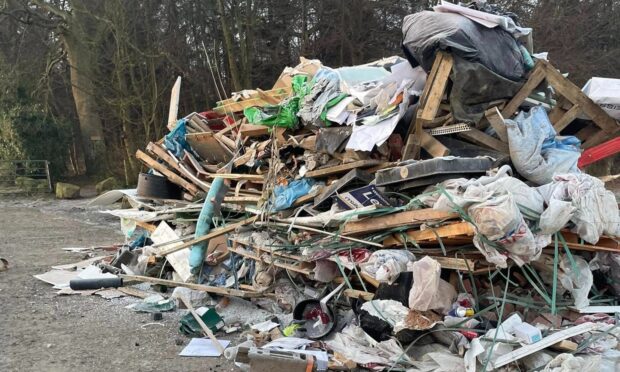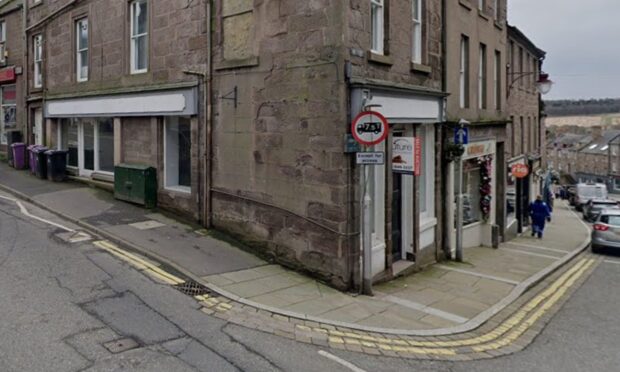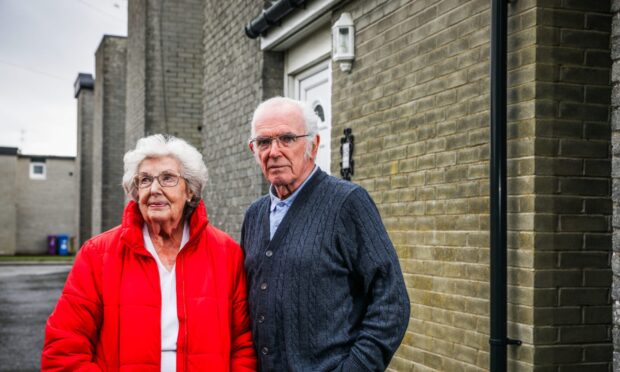Mearns general waste bin collections are to move to a three-weekly cycle under changes approved by councillors.
In an effort to drive up recycling figures and cut the amount of waste going to landfill, changes to be brought in from next year have been agreed by the authority’s infrastructure services committee.
The authority had sought £3.2 million funding from Zero Waste Scotland (ZWS) to help roll out a new kerbside collection system.
That bid was thrown into doubt when ZWS confirmed it would not provide the money required, in light of the emerging Deposit Return Scheme and the effect this will have on recyclates collected from homes.
Councillors have now decided to introduce alternative arrangements to push up recycling rates and reduce materials sent to landfill.
>> Keep up to date with the latest news with The Courier newsletter
The move will see a three-weekly collection cycle introduced while funding opportunities for further changes to the system are investigated.
Under the plans, the general bin will be collected every three weeks, with residents’ recycling bins collected on weeks two and three of the cycle. Food waste caddies will continue to be collected weekly.
The new service will be piloted in some areas later this year and rolled out to the rest of Aberdeenshire in 2020. Households will be contacted in advance by post.
ISC chair, Aboyne, Upper Deeside and Donside Liberal Democrat Peter Argyle said: “Clearly the decision by Zero Waste Scotland not to consider our funding bid has had a negative effect on our well-developed plans to push up Aberdeenshire’s recycling rate and send less recyclable materials to landfill.
“This was not our first choice as a solution but this is the position we find ourselves in and we feel that this option makes the most of a difficult situation and will help push up recycling rates.
“At present, we see this as an interim measure, while we work to deliver a permanent scheme which provides a service for our residents which enables them to recycle as many materials as possible.
“One of the key things we continue to try to impress is that we want residents to simply think for a second about how they dispose of the waste they generate, then use the services we provide as best they can.”
Improvements to recycling centres and an increased number of garden waste collection points across the area this summer will also be progressed.
Officials say more than half the materials in local non-recyclable waste bins are recyclable through existing services – equating to around 30,000 tonnes being sent to landfill at a cost of £3.5million a year.










